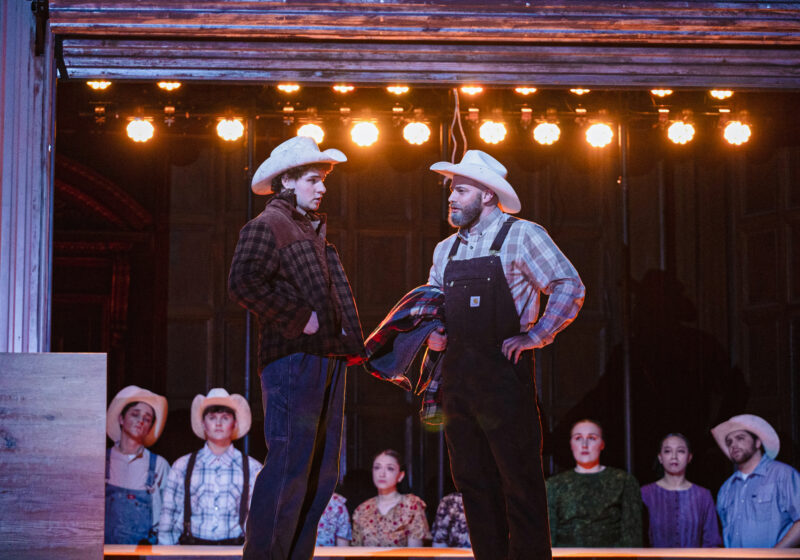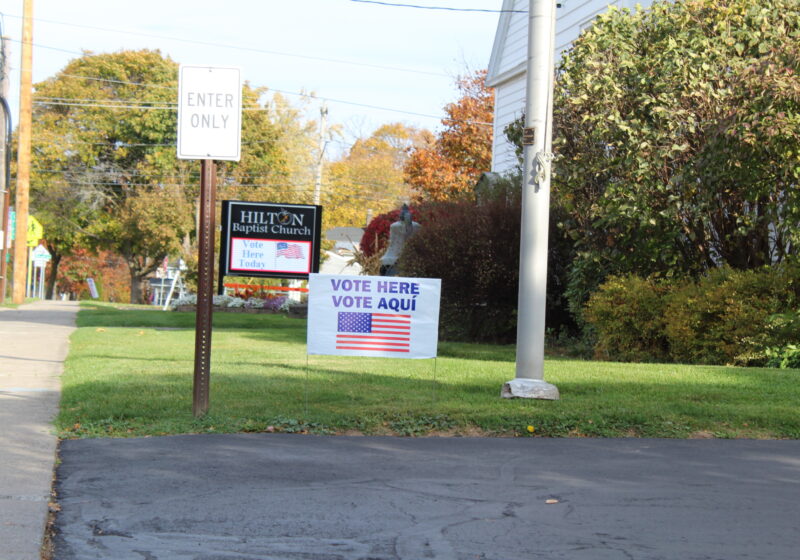Every two years, I get to pretend that I’m actually from Sweden.
I mean, somewhere back along my family tree, my Swedish ancestor probably sailed his tugboat to the Americas, but certainly not in the recent past. My living Swedish lineage my mother, grandmother and great-grandmother were all born in America and are really about as American as they come.
But not for the next couple of weeks. Until Feb. 28, I am a hardcore, wannabe Swede. Finally that flag I bought at the flea market last year will come in handy. I might even carry it around, tucked under my clothes, so that I can pull it out at opportune times (like say, when Marcus Hellner wins gold in cross country skiing next week or when the Swedes pull off the upset in men’s hockey).
Why, you may ask, would I want to root against my birth country? Likely any foreigner who reads this will think I’m an idiot that I’m either traitorous or simply patronizing. But they clearly don’t understand.
On Saturday, as a group of us watched the short-track speed skating, one of the people in the room made a very astute observation. ‘Americans love to root for countries where they have heritage. They just love it,” he said as if he was talking about our obsession with apple pie or reality TV shows.
It sounds like some silly generalization, but it’s not without some basis. While viewers of other nationalities see the Olympics as a means to show off their national pride, Americans seem to use it as an opportunity to dodge responsibility for being American.
It is as if our concept of nationalism has been tainted because we are embarrassed by perceived government blunders in foreign policy and a ‘party hardy” image abroad.
Maybe it is really just another example of American arrogance. ‘The Olympics, you say? We win that every year. Oh, but look at that cute little Slovenian kid try to ski … let’s root for him.” If there is something that no American can resist, it is an opportunity to appear charitable. Or maybe that whole melting pot characteristic is finally starting to come back to bite us. What do I, after all, have in common with a professional skier from Butte, Mont.? It’s as if the Olympics forces us to examine our own lack of cultural glue.
Sure, we have pie, and we glorify some of our athletes to no end as American heroes. But while Michael Phelps has become the idealized athlete for Americans in the last couple years, Jamaican Usain Bolt also made big waves (and without the help of a slew of advertising publicity) following the 2008 Olympics. Maybe it’s not simply Americans we admire, but just great athletes.
This past summer, I lived just a couple miles outside of Lake Placid, N.Y. The small town carved out of the mountain is now a tourist haven hotels line the main stretch, along with overpriced merchandise stores. But while all of the stores seem to blend together after a while, there is one structure you can’t miss: the ice arena. Driving past that structure, I felt as if I was transported back to the 1980s, with Al Michaels yelling into the mic, ‘Do you believe in miracles?!” On that night in our history, everyone in America was an American. Now, I’m not sure how we feel.
At least when I go to bed tonight, it will likely be without knowledge of any miracles on ice instead, it will be under the awning of a blue flag, crossed with yellow.
Hilfinger is a member of the class of 2010.




